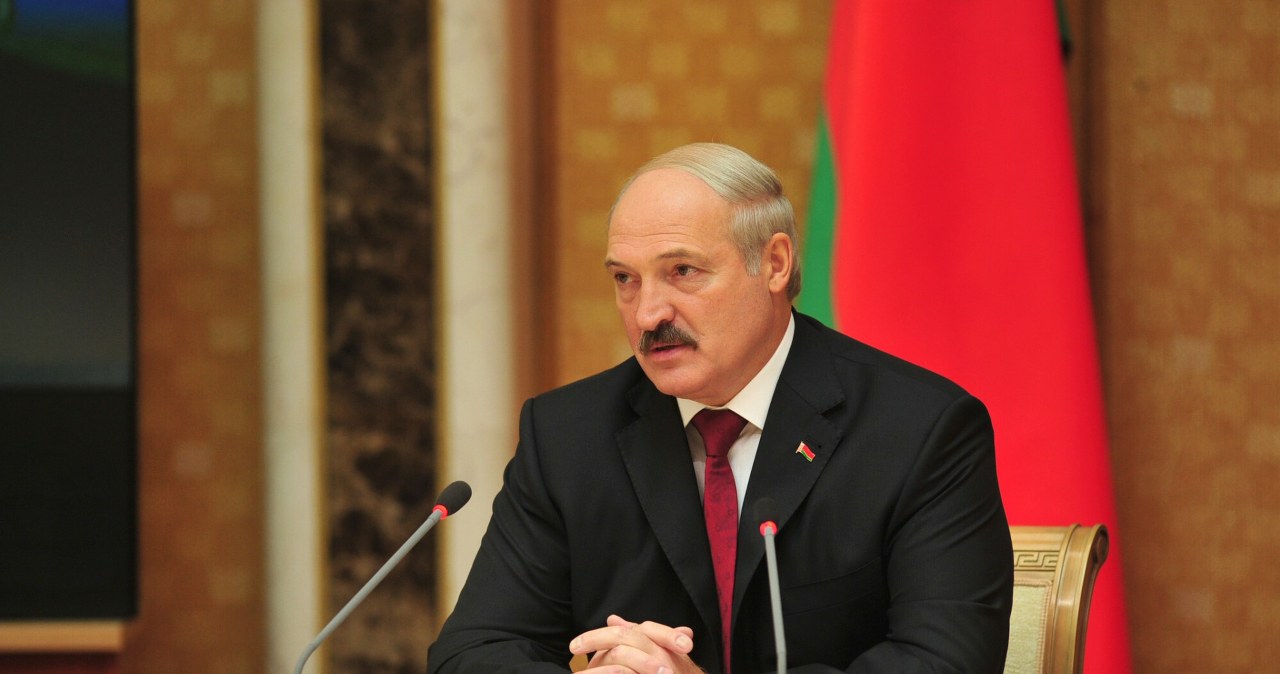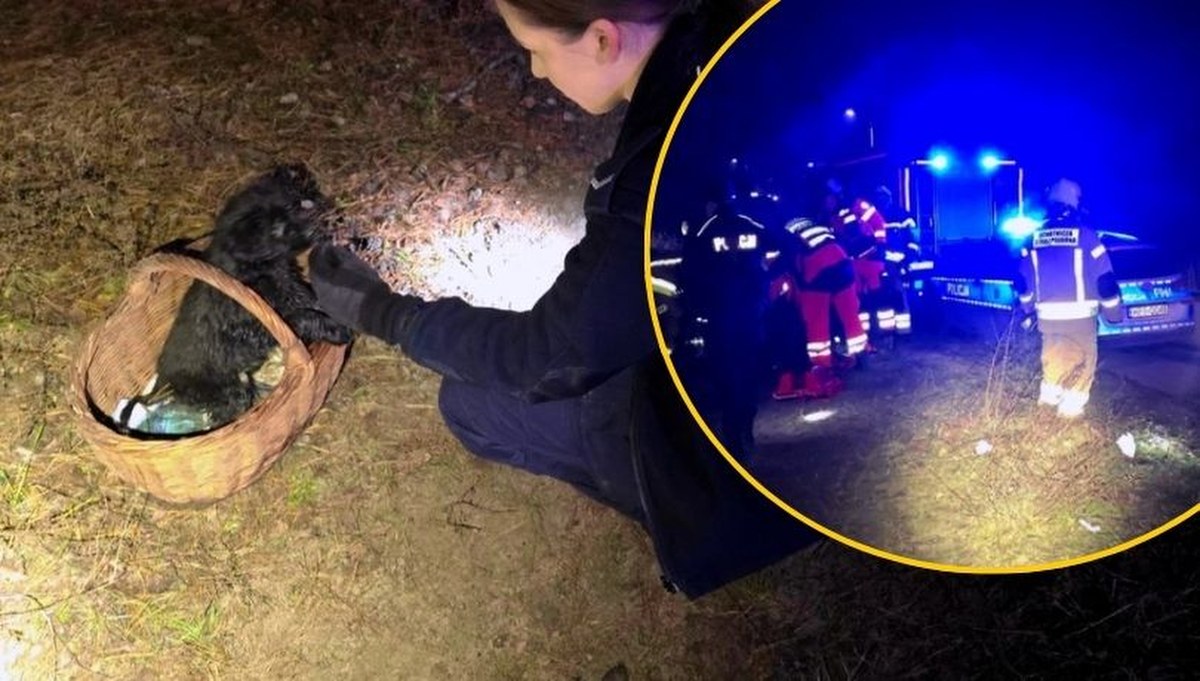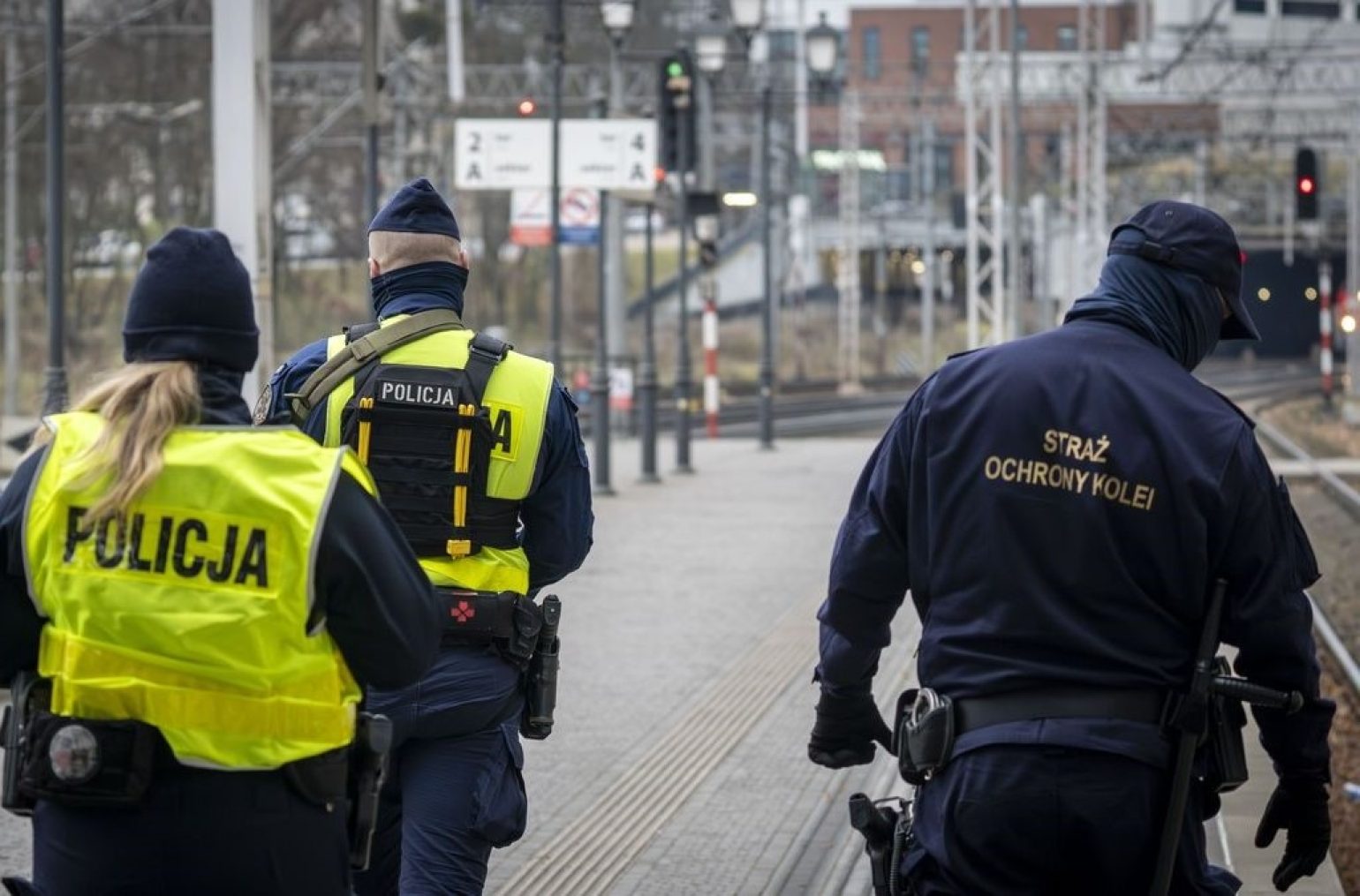
AUCKLAND- Air New Zealand (NZ) passenger, a Brisbane woman, with post-traumatic stress disorder secured a confidential settlement after the airline twice denied her permission to fly with her trained assistance dog on routes between Brisbane (BNE) and Christchurch (CHC).
Lisa Robinson, a former paramedic, relied on her bichon poodle Lilly to manage anxiety during travel. The incidents in 2022 and 2024 highlighted gaps in airline policies for assistance animals, prompting policy changes that now allow certified dogs in the cabin on trans-Tasman flights.
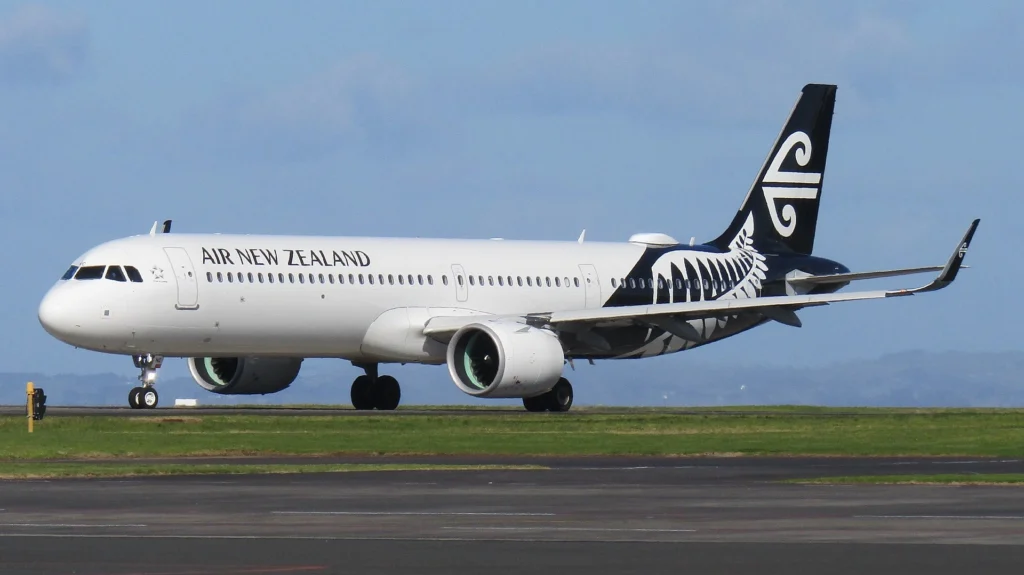 Photo: By Biponacci – Own work, CC BY-SA 4.0, https://commons.wikimedia.org/w/index.php?curid=81669481
Photo: By Biponacci – Own work, CC BY-SA 4.0, https://commons.wikimedia.org/w/index.php?curid=81669481Air New Zealand New Assistance Dog Policy
Lisa Robinson faced repeated denials from Air New Zealand (NZ) when booking flights from Brisbane (BNE) to Christchurch (CHC).
In both 2022 and 2024, airline staff insisted that her assistance dog, Lilly, travel in cargo, ignoring evidence of Lilly’s training and recognition by Australian public transport operators.
Robinson provided documentation proving Lilly’s status as a working animal, not a pet. The airline cited its policy, which at the time limited cabin access to dogs accredited by specific international bodies like Assistance Dogs International or the International Guide Dogs Federation.
After the first refusal, Robinson filed a complaint with the Queensland Human Rights Commission. She sought to visit friends in New Zealand, a trip her dog had enabled on other Australian airlines without issue.
The Justice and Equity Centre supported Robinson through conciliation. Senior solicitor Sheetal Balakrishnan emphasized that assistance dogs perform critical tasks for people with disabilities.
Businesses must ensure accessible services, including entry for trained animals into public spaces.
Refusal of such access often constitutes disability discrimination under the law. Balakrishnan noted that treating assistance dogs as pets undermines their role in supporting independence.
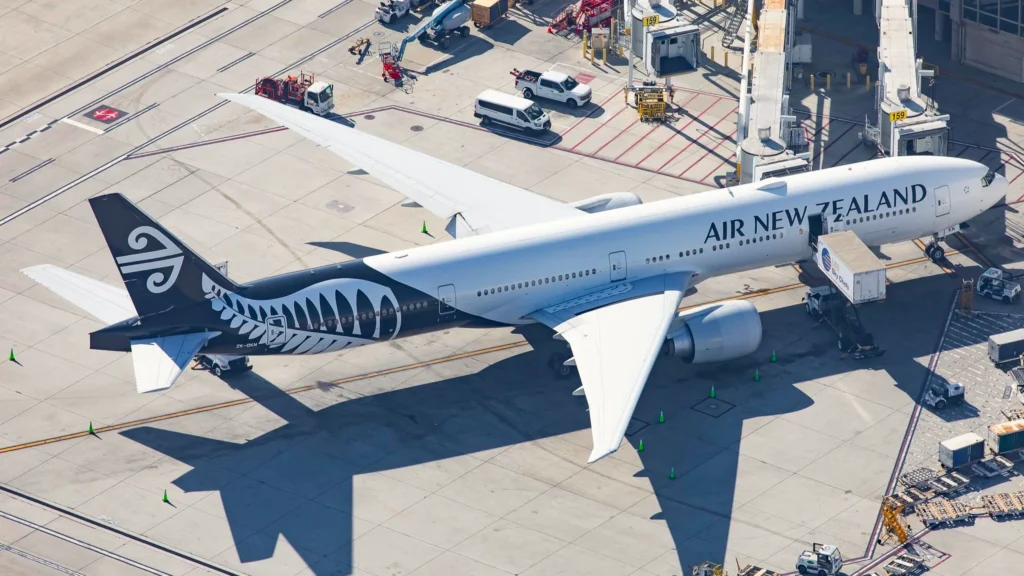 Photo: Clément Alloing
Photo: Clément AlloingAir New Zealand’s Policy Evolution
Air New Zealand settled the complaint on confidential terms in August 2024. The airline then updated its policy to permit assistance dogs in the cabin on Australia-New Zealand routes.
Chief Operating Officer Alex Marren described the change as the result of a two-year review. The process involved input from customers, advocacy groups, training organizations, government agencies, Australian state bodies, and peer airlines.
The revised policy creates an approval pathway for dogs accredited by Australian states or territories, even without international federation endorsement. Customers can submit additional training details to meet safety standards.
Marren confirmed that approved dogs must comply with New Zealand’s Ministry for Primary Industries entry requirements. The airline’s website now reflects these updates to guide passengers.
Air New Zealand prioritizes inclusive travel. Marren stated the carrier aims to support all customers, including those with disabilities, through ongoing improvements.
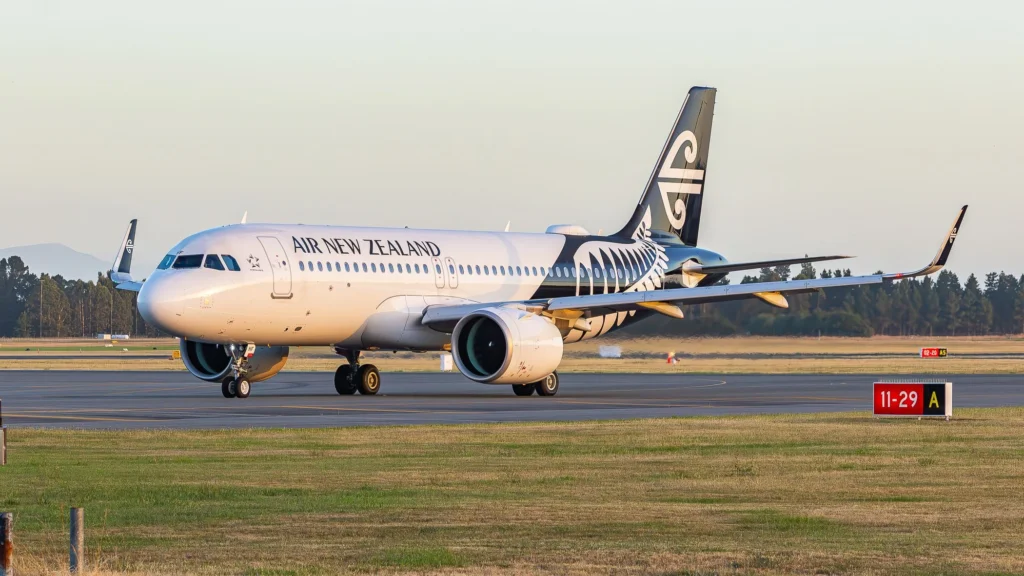 Photo- Star Alliance
Photo- Star AllianceIndustry Wide Accessibility Challenges
Inconsistent rules plague air travel for passengers with assistance dogs. People with Disability Australia Acting Chief Executive Megan Spindler-Smith highlighted frequent refusals due to varying airline and state requirements.
Australia lacks a national standard for assistance animals. This fragmentation creates uncertainty at boarding gates and limits independence for disabled travelers.
Spindler-Smith stressed that air travel enables work and social engagement for many. Assistance dogs often make such participation possible after years of isolation.
The federal transport department is addressing these issues. It develops new Aviation Disability Standards, co-designed with the disability sector and those with lived experience.
These standards align with broader reforms, including a review of the Disability Discrimination Act 1992 and National Principles for Assistance Animals. The goal is to eliminate barriers and ensure equitable access.
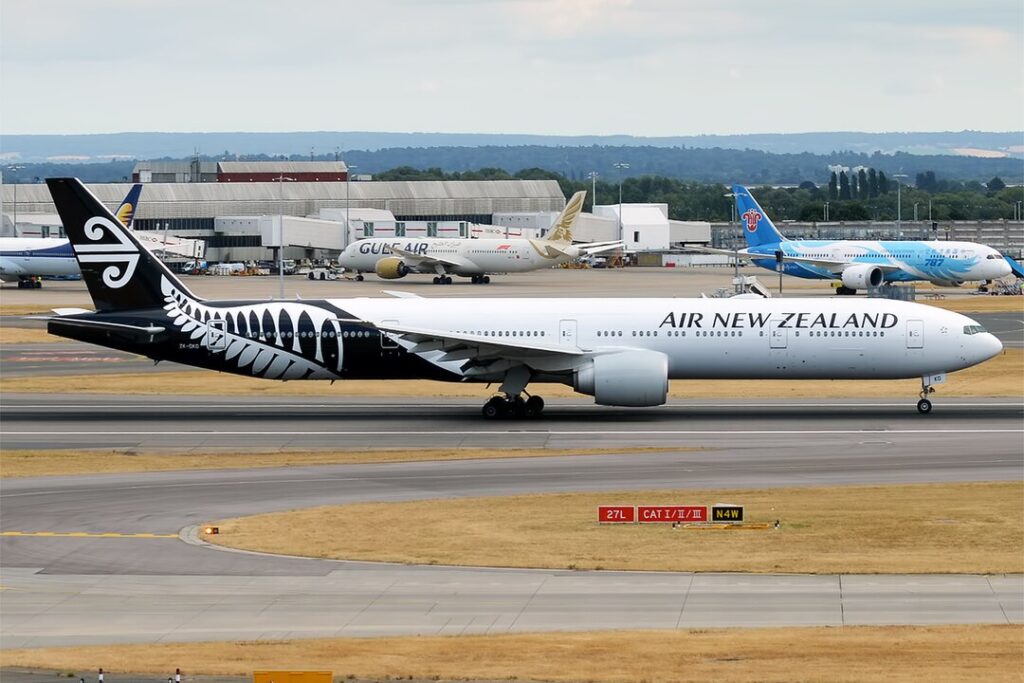 Photo: By Anna Zvereva from Tallinn, Estonia – Air New Zealand, ZK-OKO, Boeing 777-319 ER, CC BY-SA 2.0, https://commons.wikimedia.org/w/index.php?curid=72242051
Photo: By Anna Zvereva from Tallinn, Estonia – Air New Zealand, ZK-OKO, Boeing 777-319 ER, CC BY-SA 2.0, https://commons.wikimedia.org/w/index.php?curid=72242051Steps Toward Greater Inclusion
Under the new policy, Lilly now qualifies for cabin travel with Robinson on Air New Zealand (NZ) flights. Robinson expressed relief, noting her and Lilly’s Kiwi roots make the airline a preferred choice.
She acknowledged progress but called for further action across aviation. Robinson and Lilly fly seamlessly on most Australian carriers and several international ones.
A handful of airlines still lag in inclusivity. Robinson urged carriers to adopt similar changes to support disabled passengers fully.
Stay tuned with us. Further, follow us on social media for the latest updates.
Join us on Telegram Group for the Latest Aviation Updates. Subsequently, follow us on Google News
Air New Zealand Pilots Failed to Land Twice at This Airport, Returns to Auckland
The post Air New Zealand Faces Backlash, Then Reforms Assistance Dog Rules appeared first on Aviation A2Z.

 2 miesięcy temu
2 miesięcy temu





